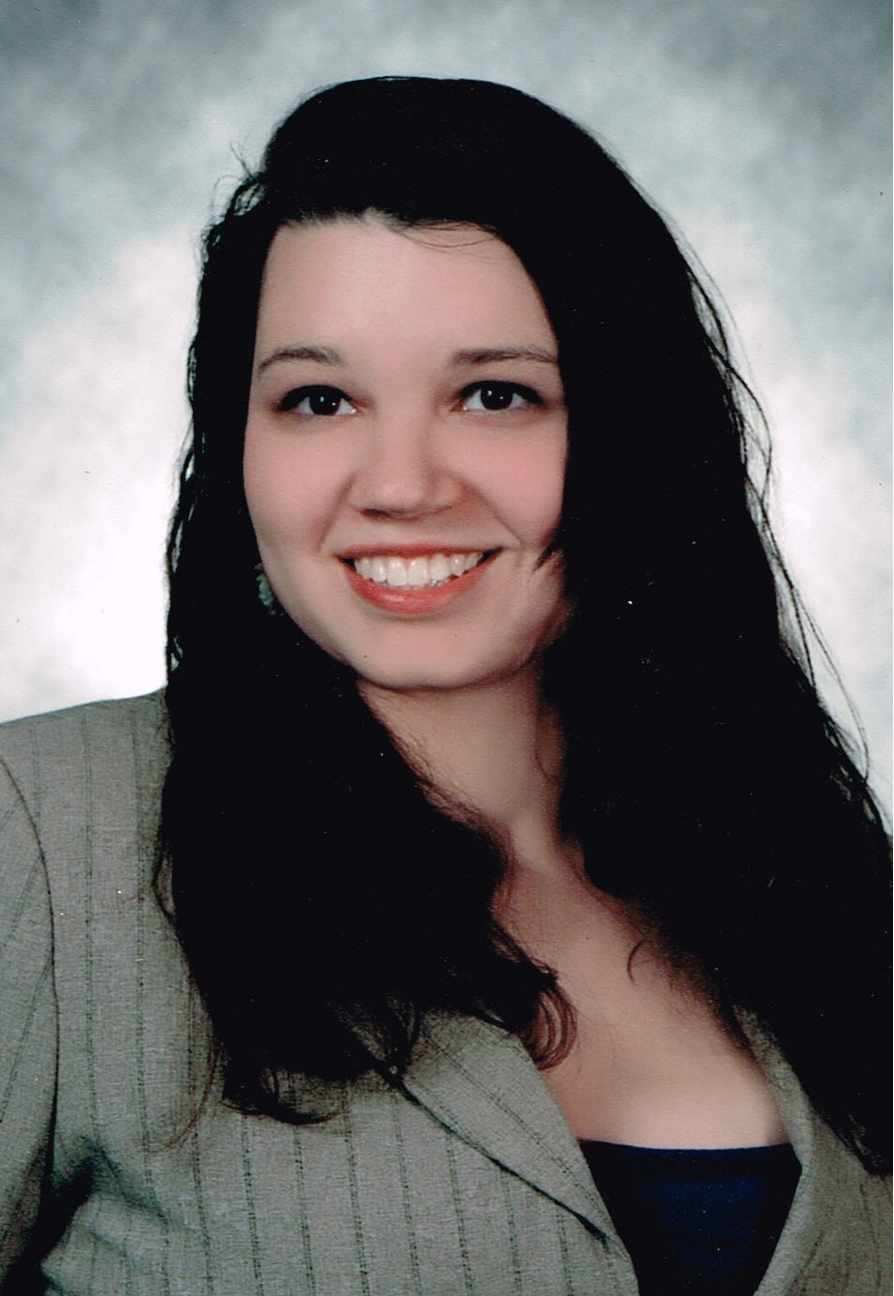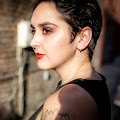As a debut author, I’ve been told that I NEED to establish an author platform now.
But what is an author platform? Well, it’s everything you’re doing online and offline to create awareness about YOU as an author. From the TikToks you’re sharing to the friendships you’ve made with local booksellers.
Anything you're doing to increase your visibility and make it easier for your target readers to discover and connect with you and your books is considered building your author platform.
So why is having an author platform so important? Because it’ll help you target and attract new readers on a regular basis. You’ll be able to engage those readers and, over time, convert them into raving fans that label you as an “auto-buy author” for them. And, most importantly, an author platform will help you build meaningful relationships so you can sell more books consistently.
TLDR; Your author platform will make it possible for you to build relationships with your readers, increase your readership, and boost your sales.
My Top 5 Tips on Building Your Author Platform
1. Define Your Brand
I think the easiest way to define your brand is to answer this question: What do you want to be known for?
Sweeping romances that hurt? Enemies to lovers with spice levels that sizzle? Happily ever afters guaranteed?
Whatever it is, you should know this pretty early on because this is what will help you stand out online.
Bonus List: 4 Simple Ways to Define Your Brand:
- Are you going to use your real name or your pen name? Pick one and use it consistently.
- Use one professional headshot that readers can instantly recognize.
- Remember those little sentence examples I gave you above? Come up with a one-sentence tagline that communicates what makes your books unique.
- Establish a brand palette that includes fonts and colors that fit with your desired aesthetic.
2. Get to Know Your Target Readers
One of the biggest parts of marketing is knowing WHO you are marketing to! Who is reading your books? Who do you want to read your books? A great way to get to the bottom of this is by knowing your target readers deeply.
Consider answering these questions to get to know your target readers:
- Who are they? And what do they do for a living?
- What’s their age, sex, marital status?
- What books do they like to read? What authors do they love?
- Where are they most likely to leave reviews?
- What tropes do they love? What tropes do they hate?
- Where do they spend their time online and offline?
3. Build and Nurture an Email List
Social media is fleeting in today’s age. You never know when one platform is going to vanish into oblivion for the next big thing… But you don’t have to have that fear with your email list!
While it may seem daunting, growing your email list the right way is one of the best things you can do! Simply choose an email service provider (e.g. MailChimp, ConvertKit, etc.) and add a sign-up form on your website. From there, you should create a reader magnet that incentivizes the reader to sign-up. It’s usually a digital download of some kind (think a novella, a collection of short stories, a bonus chapter from another character’s POV, etc.).
Once you’ve got everything set up and ready to go, decide how often you’re going to communicate to your list and nurture them with non-spammy emails. Remember: You don’t always have to sell!
4. Support Your Fellow Authors
I’m a firm believer of Community Over Competition! I will scream about my colleagues books from the rooftops. Because when you genuinely support each other, good things happen. And, from a marketing standpoint, you’re able to tap into other author’s communities and their readers without coming across as spammy. It's a win-win!
5. Take Advantage of Social Media
Social media can be exhausting. But it's a brilliant way to increase your brand visibility and get your books in front of a large number of people without even leaving the house. (As an introvert, it doesn’t get better than that!).
So how can you take advantage of social media? By creating a feasible marketing strategy that sees you using social media to your benefit, establishing time limits and capacities for content creation, and by hanging out on the platforms that YOUR TARGET AUDIENCE USES.
Think back to tip number two where I mentioned getting to know your target audience. Where do they hang out online? On Instagram? TikTok? What hashtags are they using? (Psst. A great way to reach new readers is through hashtags! Read all about them in this blog.)
Wherever your audience is hanging out is where you should be.
Remember, building your author platform, growing your brand, and establishing a horde of ravenous readers does not happen overnight. So start now!
Lara Buckheit was born and raised on the Eastern Shore. Her debut novel A REALM OF ASH AND SHADOW releases in April 2023! She holds a Bachelor’s Degree in Communications from Wilmington University, is a 2021 WriteMentor Mentee, an avid writer (and reader) of spice, and one time she met Taylor Swift’s dad. She started writing at a very young age, mostly fanfiction centered around women with swords and men with devilish grins. And she hasn’t stopped since. When not writing, Lara can be found drinking tea, hustling for her day job, reading from her endless TBR pile, or hanging out on her body confidence Instagram. Lara currently lives in Roanoke, VA, with her fiancé, dog, and thirteen house plants named after fictional characters. Connect with her here: https://bio.site/larabuckheit





.jpg)












.png)





.png)

.png)







